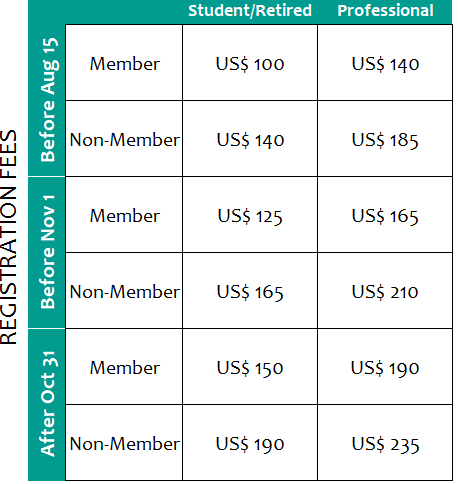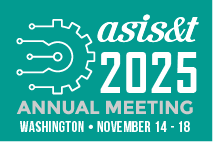AM25 Symposium
Exploring Information-as-potentiality: Methods for Design and Evaluation (SIG-USE)
This symposium aims to explore holistic methods, theories, and frameworks for framing information and its use as an ongoing, generative process of epistemic possibilities. We seek contributions from information science/studies scholars proposing studies on different kinds of information-making practices within 21st century knowledge environments. How can we design and evaluate information systems in support of interpretive collaboration and use? What might we learn about how different types of information can be taken up and made?
More about this Symposium
Understanding how people interpret and use digital information is an essential part of building capable, 21st century knowledge systems. At the same time, information science/studies has called for attention to the mediating role that technology plays in informational processes. Both strands of thought converge on the need for new approaches that support inquiry into the dynamic modes of information-making and taking (Huvilla, 2022) and their consequential relations within spaces of knowledge production. In service towards the conference theme of ASIST 2025 “Difficult Conversations”, this symposium will collectively explore and showcase methods, theories, techniques, metatheories, frameworks, and prototypes that conceptualize the use of information as a generative, unfolding set of practices – an approach we are calling information-as potentiality (Chassanoff and Chen, 2025). We suggest that approaches that frame information as situated (Suchman, 1987; Taylor, 1991; Bishop et al., 2000), experienced (Bruce et al., 2014; Chassanoff, 2016; Gorichanaz, 2019), participatory (Huvilla, 2008; Greyson, 2014), and/or embodied (Dourish, 2001; Chen, 2015; Olsson & Lloyd, 2017; Bates, 2018;) practices are useful paradigms for considering dimensions of use within larger systems of dynamic and mediated information flows. Such perspectives can offer valuable insights into evolving literacies, necessary contingencies, and possible affordances and can help inform the design and evaluation of capable knowledge infrastructures.
Accepted Papers:
"Data Privacy in Digital Cultural Preservation and Heritage Management"
Lauren Stanger and Cameron Chow-Garcia | California State University and Chalon Indian Council of Bakersfield
"Information as 'Spark': Exploring its Potentiality for Poets’ Creative Practices"
Rachel Fleming May | University of Tennessee School of Information Sciences
"Attending to Relations of Participation in an Information-as-Potentiality Approach"
Ann Shivers-McNair | University of Arizona College of Information Science
"From Information to Potentiality: Re-Envisioning Cybersecurity Awareness as Transformative Practice"
Milena Dobreva and Karen Renaud | University of Strathlcyde
"Locating Afro-Hispanics in Information Research: A Reparative Analysis using Demographic Secondary Data Analysis"
Ana Ndumu and Manual Mendez | University of Maryland College Park College of Information
"Investigating Students' Perceptions of Information through Information-as-Potentiality: A Content Analysis on Arts-based Data"
Tien-I Tasai | National Taiwan University Department and Graduate Institute of Library and Information Science
"Information Science Challenges of an 'Animal Turn'"
Christopher Lueg | University of Illinois Urbana-Champaign School of Information Sciences
"From Transcript Data to Actionable Interventions: Cohort Analytics as Information-as-Potentiality"
Kristina Manasil, Gregory Heileman, Aryan Pathare, Melika Akbarsharifi, Roxana Akbarsharifi, and Mahshad Akbarsharifi | University of Arizona
Day & Time
Saturday
November 15, 2025
8 am - 12 pm EST
Presenters
Alexandra Chassanoff | University of North Carolina at Chapel Hill | USA
Annie T. Chen | University of Washington | USA
Isto Huvila | Uppsala University | Sweden
Zack Lischer-Katz | University of Arizona | USA
Travis Wagner | University of Illinois Urbana-Champaign | USA
Rhiannon Bettivia | Simmons University | USA
Agenda
- Introduction
- Welcome and overview
- Short Research Papers Session 1
- Short Research Papers Session 2
- Discussion and Reflection
- BREAK
- Design and Evaluation Breakout Groups
- Discussion and Reflection

